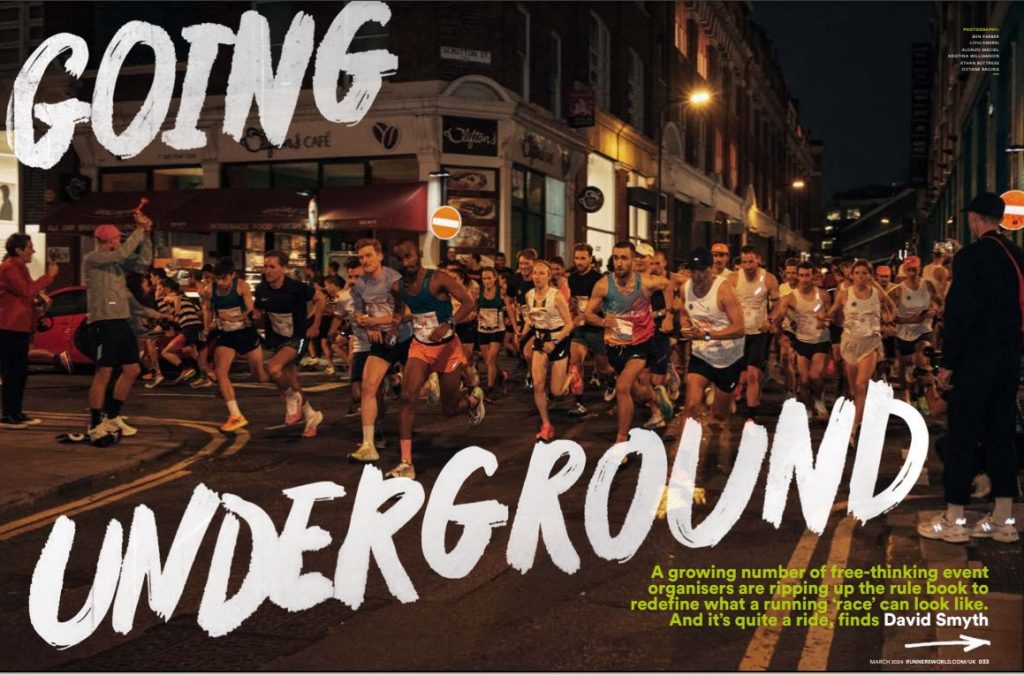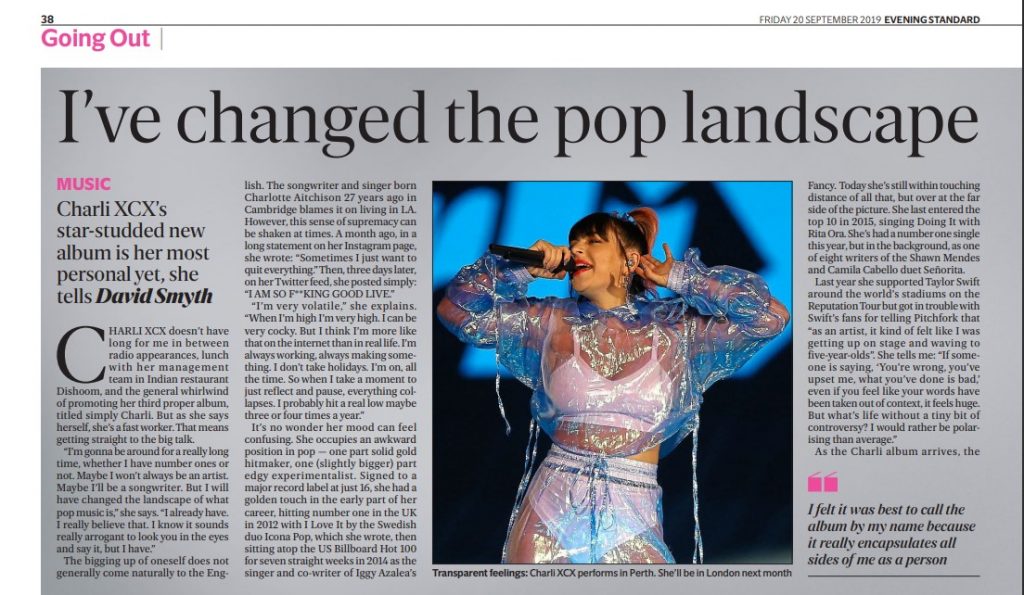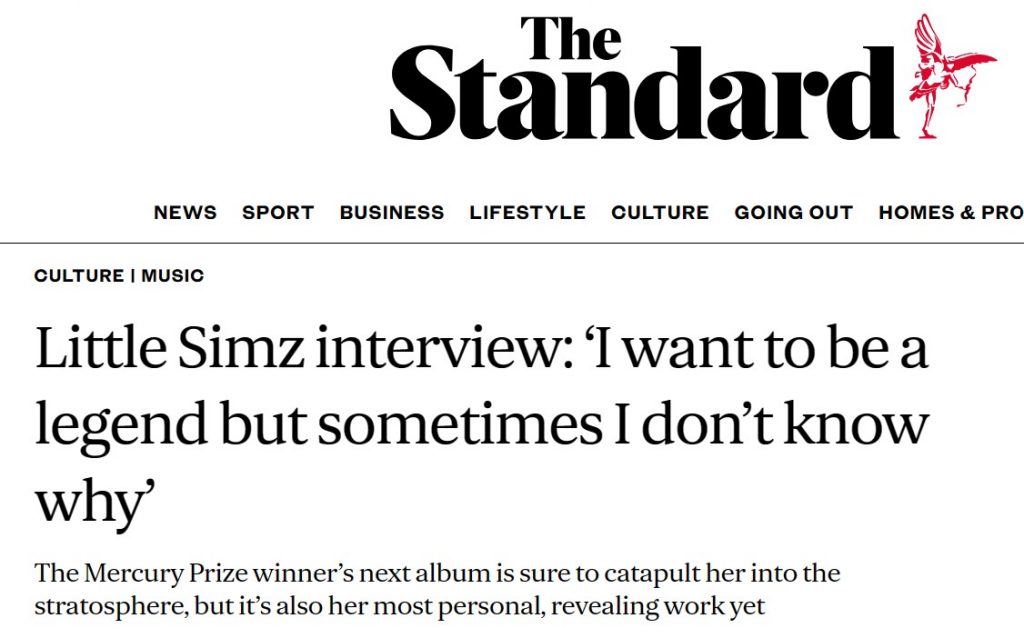“Success is not a comfortable place. It can feel ill-fitting sometimes.” Leslie Feist is famous now – not Britney-famous, but certainly better-known than this one-time rapper’s sidekick and perennial guest singer for others ever thought she could be – and it isn’t sitting easily.
The 35-year-old Canadian, who is about to release her fourth album as Feist, is receiving Europe’s press in an art gallery inside the Hempel Hotel near Hyde Park – a five-star white cube so minimal that when I visit the bathroom I can’t find a door handle to get out again. Looking tiny at a large round table in this airy space, striking in appearance despite being make-up free and straight off the Eurostar, she quickly draws our conversation towards the subject I imagined she’d be most tired of talking about: the use of her song 1234 in a 2007 advert for the iPod Nano.
The sudden ubiquity of that chirpy, sweet-natured and effortlessly catchy tune allowed Feist to start punching well above her weight as a long-term leftfield artist and cult proposition at best. Previously known, if at all, for her collaborative work with Toronto indie collective Broken Social Scene, Norwegian acoustic duo Kings of Convenience and rapping provocateur Peaches (with whom she wielded a sock puppet and called herself Bitch Lap Lap), now she was selling out major theatre venues while her last album, The Reminder, was being given the deluxe-bonus-tracks-special-edition treatment.
She thinks there was only one reason for this. “Success based on one song is not something of your own design,” she tells me. “I liked 1234 in the context of the whole record, it’s got a lot of spirit, but I don’t think it’s that great a song to tell you the truth. It was plucked out, and as it drifted higher and further away from the record it stopped pointing back and saying, ‘I come from there’. I felt like it became a bit of a stranger to me.”
Even so, she insists she has no qualms about it being on an advert. “It’s not like musicians all really wanna do commercials. It’s that we really would like at some point, after decades of working, to be able to buy a house some day. It’s pretty simple, it’s funny that there’s such a stigma about it.” The ad also got three million people watching her original video for 1234 on YouTube, a technicolour labour of love that she is genuinely proud of, and earned her a jolly spot singing it on Sesame Street, where she changed the lyrics to: “One, two, three, four, monsters walking ‘cross the floor”.
Her problem seems to be that this cutesy, fairly throwaway song started to play too dominant a role on an album that is a beautiful whole, a ballad-heavy set sung in one of the warmest, softest voices you’ll hear. It won five Juno Awards (Canada’s version of the Brits), earned four Grammy nominations and also won America’s equivalent of the Mercury, the Shortlist Prize. That’s powerful recognition of much more than just one single.
She’s been more careful to maintain next month’s album, Metals, as a complete entity. Its 12 songs were all written around the same time, in the middle of last year, so “They all informed each other”. It was recorded quickly in Big Sur, California, almost completely live, her band having rehearsed the songs for about a month beforehand as though they were about to go on tour. And although it bursts with gorgeous melodies, from the sulty soul of How Come You Never Go There to the huge, massed voices of the chorus in The Undiscovered First, there aren’t any obvious hit singles.
This seems very deliberate. Later, I spot an early review of the album in Spin magazine which praises a gospel-style song called Woe Be, saying: “If any track has potential to break big like 1234, it’s this one.” It’s no longer on the finished album.
As with its predecessor, Metals will certainly aid the digestion at a sophisticated dinner party (except when the stabbing strings and shouting of A Commotion appear halfway through) yet its darker depths also reward concentrated exploration. Most impressively, it doesn’t feel weighed down by expectation now that Feist is considered an artist of some commercial significance. She credits this to a long absence from music, having retreated to her Toronto apartment at the end of 2008 and tried her best not to reemerge until now.
“About six months into the second year everybody really receded into the woodwork,” she says. “I didn’t feel that stir of people any more. All I wanted was for my tomatoes to grow and then to eat them when they were done growing. At that point I had really lost my muscle memory for my music. If I had wanted to play one of the old songs I would have had to teach it to myself.”
So great new music grew alongside the tomatoes when she had the space to get back to first principles. “I gave myself the freedom to imagine that I just wouldn’t make another record.” Thankfully for her swelling band of fans, who should all have had time to fall in love with more than just one song by now, she did.










